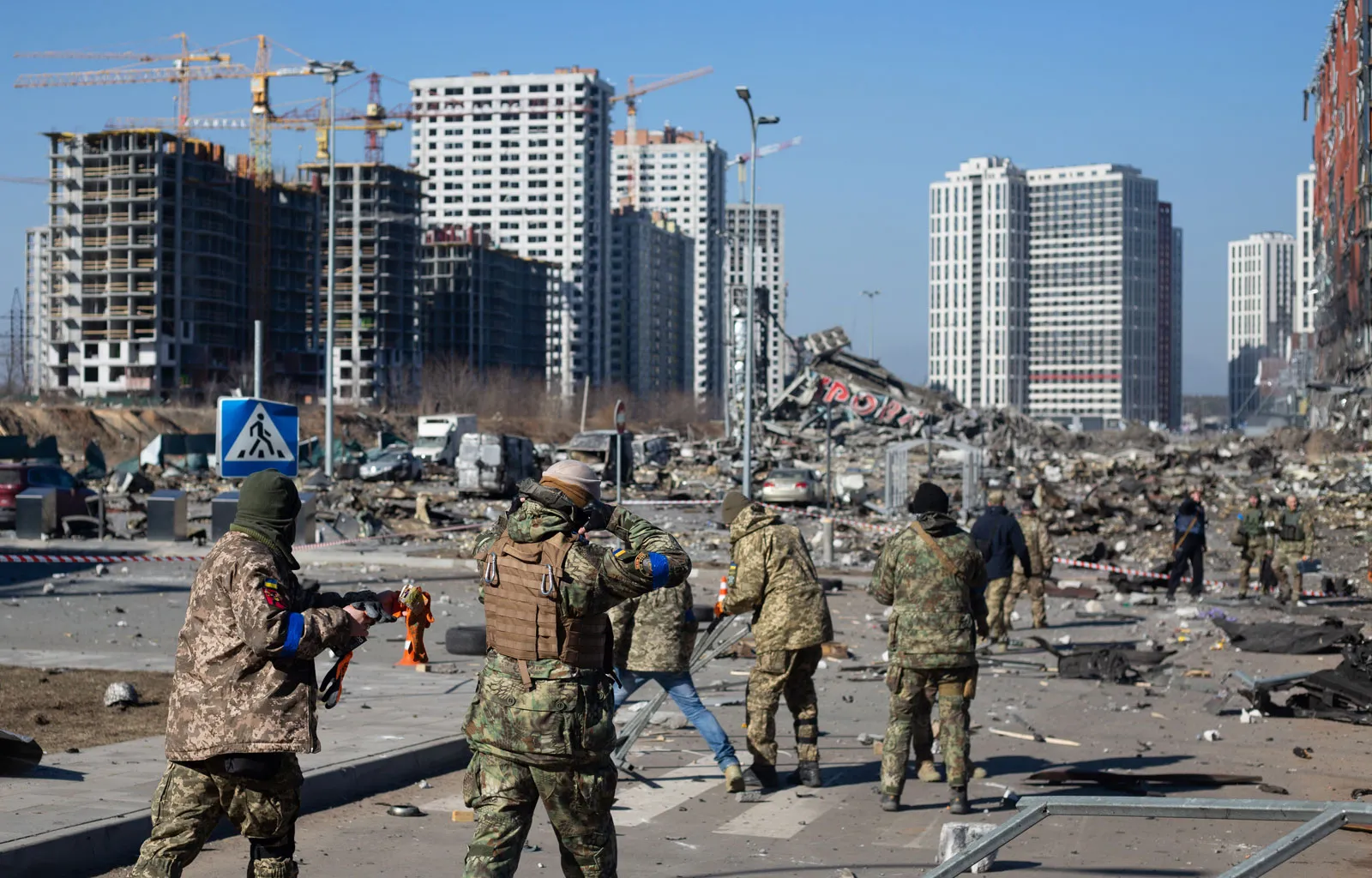Ezrah Kashumbusha.
HAGUE, February 1, 2024 | The International Criminal Court (ICJ) has ruled against most of the cases brought by Ukraine against Russia. On January 31, 2024, UN Judges stated that Russia had violated global anti-terrorism and anti-racial discrimination treaties. However, the ICJ rejected many charges stemming from the 2014 invasion of Ukraine.
The ICJ specifically found that Russia had failed to investigate individuals who allegedly breached parts of the Convention against Financing Terrorism, particularly in relation to Russia’s actions in Crimea. While the court acknowledged violations, it stopped short of ordering reparations for these breaches, instead directing Russia to comply with the treaties.
Anton Korynevych, Ukraine’s representative, emphasized the importance of the judgment for Kyiv, noting that it officially labeled Russia as a violator of international law—a first of its kind.
“This is the first time that officially, legally Russia is called a violator of International law,” Korynevych remarked.
Ukraine had sought compensation from Russia for all victims affected by the conflict, including civilians from Malaysia Airlines Flight MH17, which was tragically shot down over eastern Ukraine. However, the ICJ rejected most of Ukraine’s pleas, stating that measures to investigate alleged offenses were lacking.
The court also clarified that only cash transfers could be considered as support for alleged terrorist groups under the International Convention on Terrorism Financing.
Looking ahead, the ICJ is set to hear another case filed by Ukraine on Friday. This case alleges that Russia launched its attack based on genocide allegations. It’s worth noting that the court had previously issued an order halting the invasion of Ukraine.
While the ruling represents a mixed outcome for both Ukraine and Russia, the acknowledgment of violations and the legal designation of Russia as an international law violator add significant weight to the ongoing geopolitical discourse. As the legal battles continue, the international community watches closely for further developments and potential shifts in the dynamics between the two nations.















